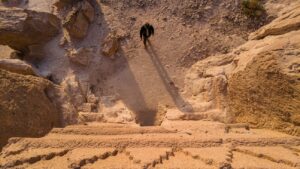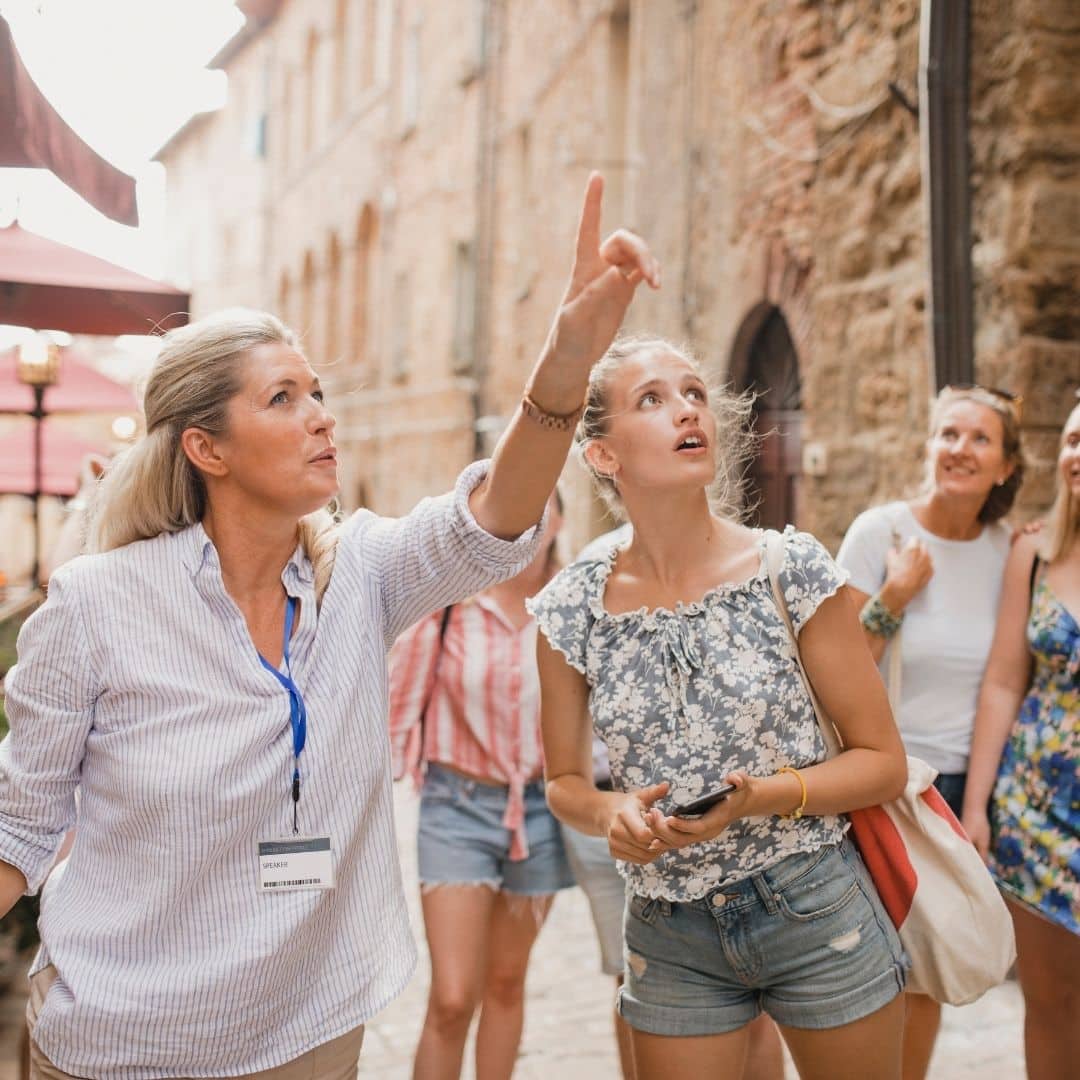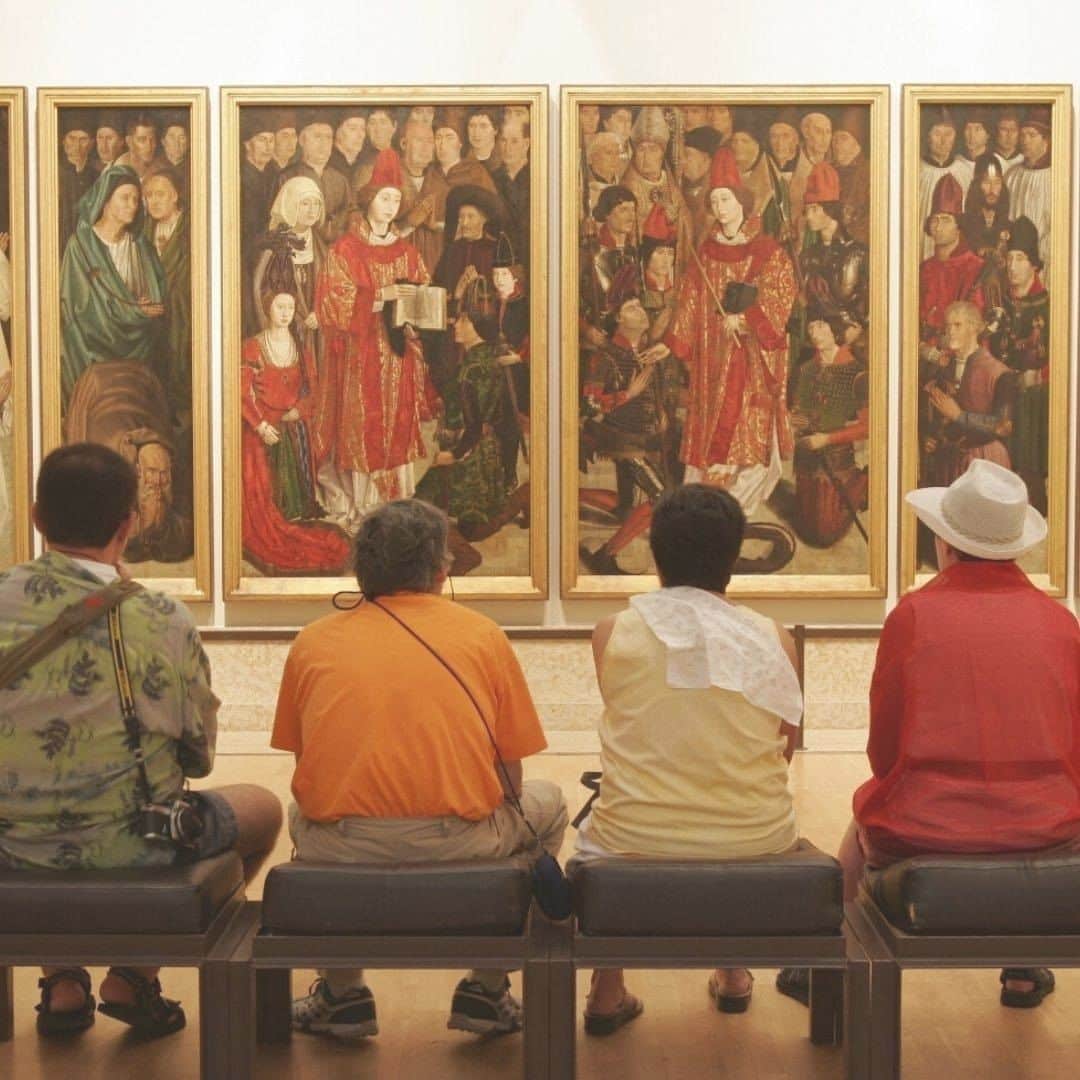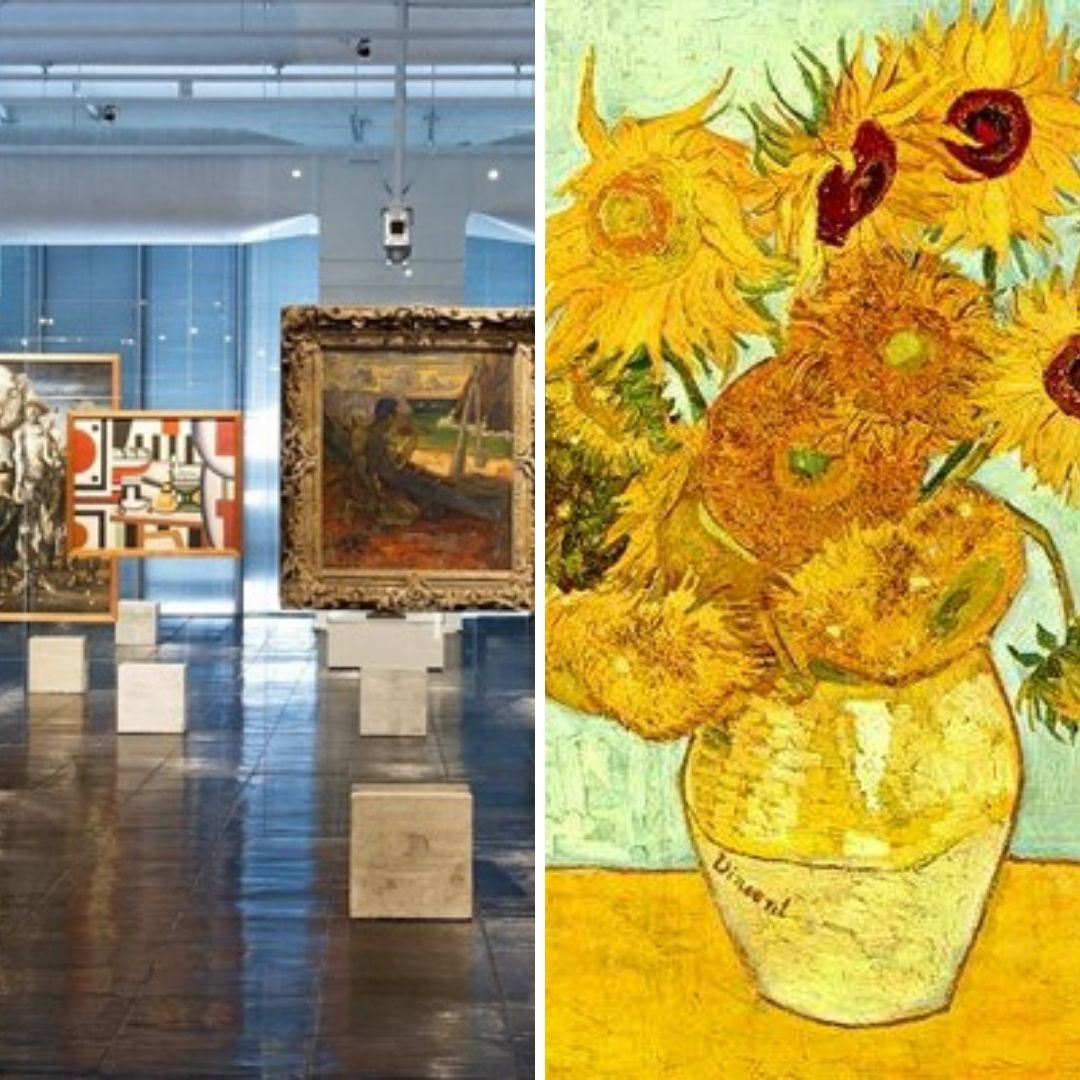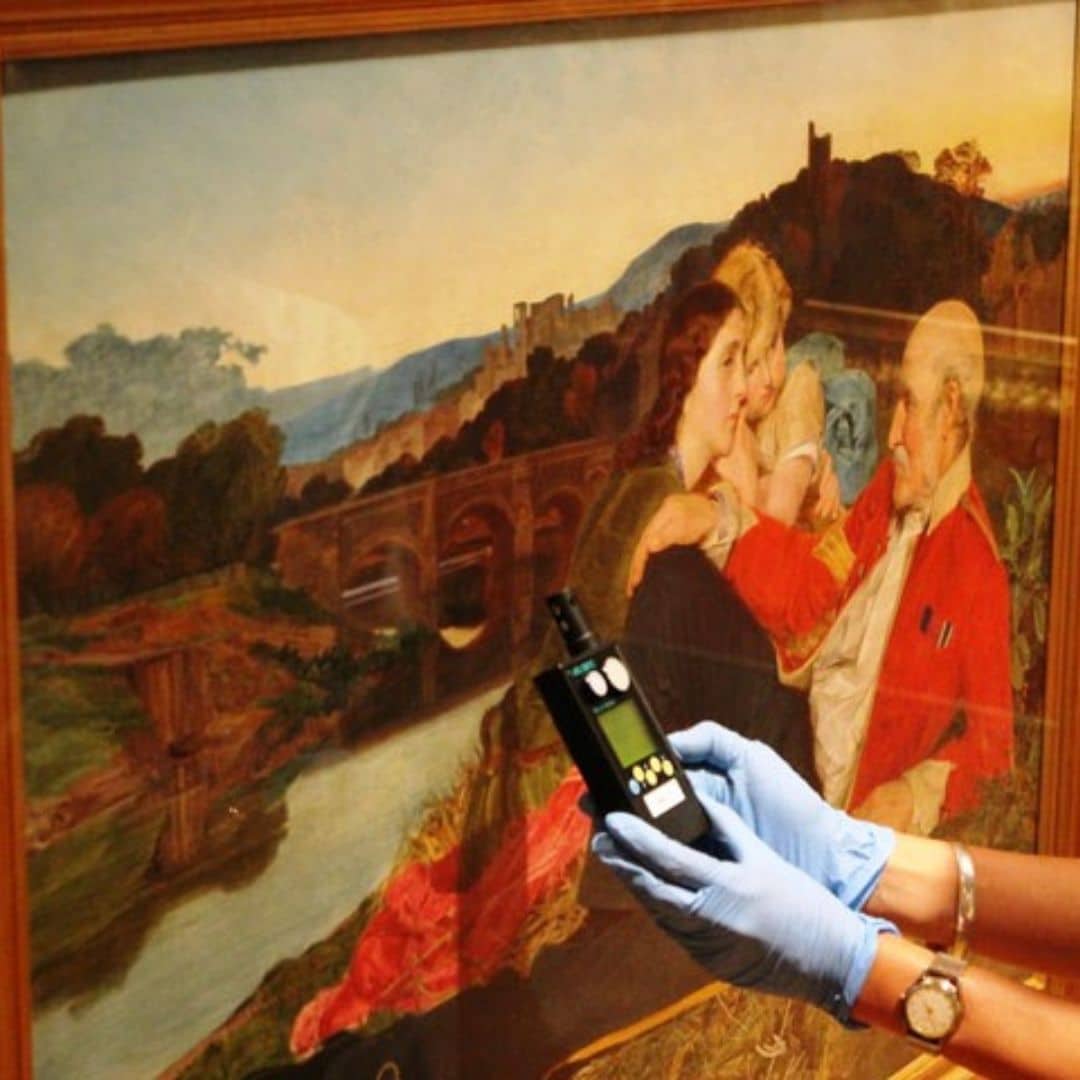Heritage education is a concept that is becoming increasingly important when it comes to cultural and historical preservation.
This approach refers to a set of pedagogical and social practices that seek to raise people’s awareness of the importance of cultural heritage.
But the question remains: what exactly is heritage education and why is it so important? This is the subject of today’s article.
Text by Vanessa Miranda, author of the Guide to Cultural Heritage Preservation You can also read this article in PORTUGUÊS | ESPAÑOL
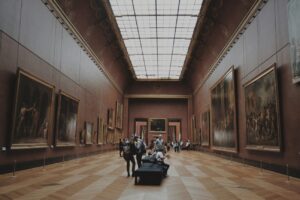
What is heritage education ?
Heritage education refers to the educational process where the central theme is cultural heritage. This process promotes the knowledge, appreciation and preservation of heritage, which can be tangible, such as monuments, works of art, archaeological artifacts, among others, or intangible, such as traditions, dances, popular festivals or traditional knowledge.
There is an urgent need to prepare people for the best and correct use of heritage assets, contributing to cultural literacy. This literacy enables a greater understanding of the world in which we live, making us capable of understanding the socio-cultural and historical-temporal path, as well as educating us for citizenship and acquiring feelings of identity and belonging.
Heritage education goals
Like any other area of education, heritage education is guided by its own objectives:
– To foster awareness of heritage issues;
– Encouraging knowledge in order to gain an understanding of cultural heritage and also a solution to its problems;
– To develop attitudes and actions that motivate people to participate in the preservation and conservation of heritage;
– Promote the strengthening of cultural identity, reinforcing the feeling of social cohesion;
– Stimulate cultural dialogue that promotes the identification, protection and promotion of cultural heritage, fostering an exchange of knowledge.
In recent years, there has been a greater awareness of the importance of cultural heritage, emphasizing the guarantee of cultural identity.
Heritage education challenges
Heritage education is, above all, a process of education and, as such, presents challenges. This process, as already mentioned, seeks a greater understanding of heritage and not a mere product seen as synonymous with the dissemination of cultural and heritage information.
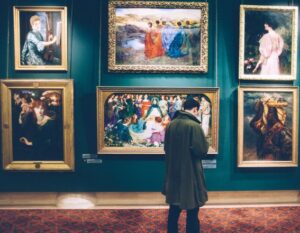
The lack of interest, especially among young people, in cultural heritage is currently being debated. It is a challenge to find new, innovative and attractive ways to make heritage education more relevant to everyone’s lives.
Modernization can affect cultural heritage and, consequently, heritage education , as rapid urbanization and modernization, especially in cities, can lead to the de-characterization of heritage. Traditions or cultural knowledge can be lost in time in favor of modernity, historic buildings can be destroyed to make way for new constructions. The challenge is to balance urban development with the preservation of cultural heritage.
Another challenge that persists is the lack of funding and scarce resources. In fact, the preservation and conservation of heritage requires significant resources, and these needs are often not given due attention. The result is abandonment, destruction or neglect. It also directly affects heritage education .
Hence the importance of Heritage Education Actions, as we’ll see below


Why is it so important?
Without the right knowledge, it is not possible to have a correct understanding of cultural assets, properly inserted in their historical context. There is therefore a need to understand the lines of the historical context for a correct understanding of the importance of cultural heritage in people’s lives.
Heritage education is important because it uses heritage itself as a historical source for historical knowledge, in other words, direct contact with the assets leads to curiosity about knowledge, then research and, finally, education about cultural assets, their importance and the care to be taken. It’s a cycle that continues.
In this vein, heritage education also appeals to values and citizenship. As it is linked to civic education, its importance is clear in respecting and enjoying the heritage that belongs to everyone.
In addition, heritage education can also act as an engine for economic development. Cultural tourism, for example, attracts visitors interested in learning about a region’s history, heritage and culture, generating revenue and promoting local development.
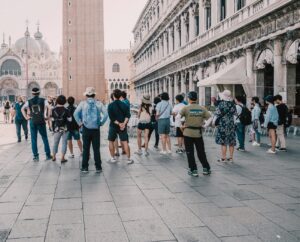
And what is heritage education in practice?
Education doesn’t necessarily mean a closed classroom learning about cultural heritage. It goes far beyond that, although schools play a key role.
Schools are important mediators in education, because many educational projects involve visits to historic sites, museums and monuments, as well as projects to recreate traditions or take part in restoration workshops.
In practice, heritage education also takes place through cultural tours, guided visits to places of cultural and historical interest. Cultural tours are real allies, because as well as having the presence of a professional on the subject, they are enriched with valuable information about the history and importance of the place, helping to put heritage into context and make it more accessible and interesting for the public.
Volunteering programs
Taking part in volunteer programs for the preservation of cultural heritage is an excellent way to learn. There are programs whose activities include cleaning, restoring and maintaining historical sites, as well as campaigns to raise awareness and educate people about their importance.
There are national and European volunteer programs such as European Heritage Volunteers
Heritage education is undoubtedly a powerful tool for preserving cultural heritage, as it promotes awareness, respect and appreciation of cultural assets.
Through it, it is possible to ensure that future generations can enjoy and learn from the legacy left by their ancestors, guaranteeing historical continuity.
Heritage education is something that should be part of everyone’s life, because in an increasingly globalized world, where cultural homogenization is a threat, heritage education plays an essential role in safeguarding cultural diversity and promoting sustainable and inclusive development.

